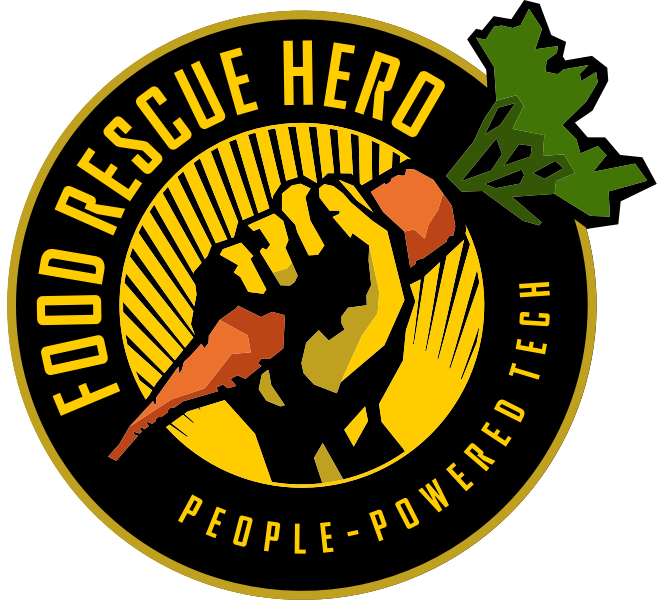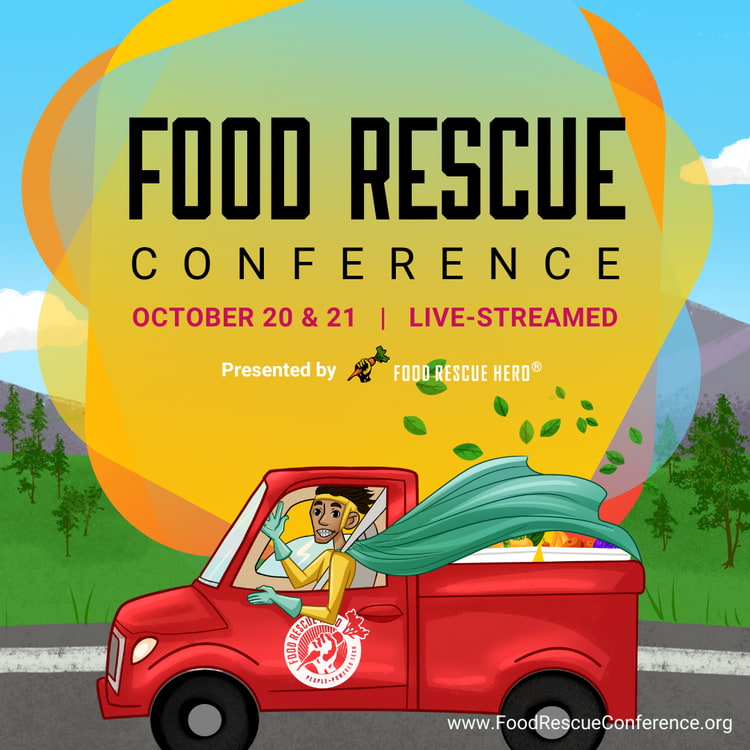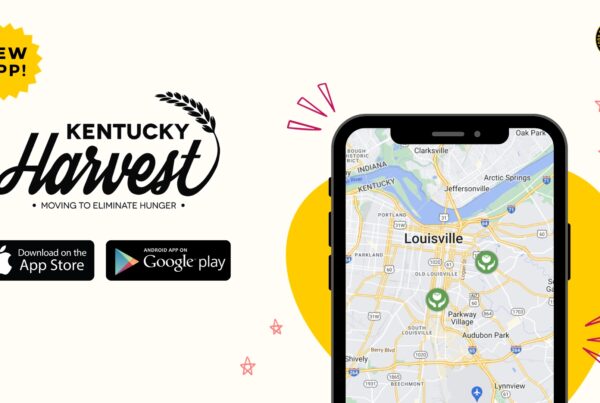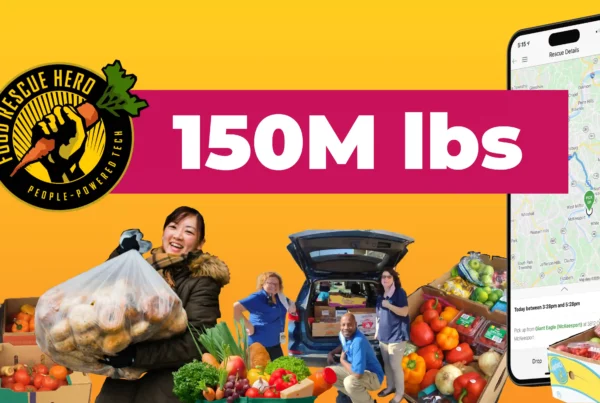
Food recovery is a complex but highly effective way to address multiple systemic problems by reinventing a local food system. We hear lots of conversations about why food rescue, but precious few about how.
There are a multitude of unique challenges and opportunities presented when scaling food recovery, since time is of the essence when diverting perishable food from getting wasted. Nearly as important, the food needs to be paired uniquely with people who can use it right away.
That’s why a Food Rescue Conference is needed. For the first time, this annual conference will bring together the people on the ground doing the work every day to hear from experts talking about trends, topics and issues uniquely relevant to food recovery. The Food Rescue Conference gives stakeholders an opportunity to share ideas, create community, connections and foster collaboration in an area of work like no other. We were delighted with the participation in our seven Twitter Chats between July 21 and September 1, as part of our effort to contribute insights to the White House Conference on Hunger, Nutrition and Health on September 28. The timing of the White House Conference seemed a perfect prelude to our focus on Food Rescue this October.!
That’s why we’re so thrilled to be presenting sponsor of the First, National Food Rescue Conference. We see this conference as the perfect opportunity to galvanize our international food recovery movement to drive greater investment between the private and public sector and identify greater organizational opportunities as well. What’s so unique?
Food recovery and redistribution not only enables access to healthy food, but it allows us to bring food to where people already are – overcoming barriers to food access like transportation and time.
Because food donors range from grocery stores, wholesalers, caterers, and everything in between, food rescue feels a part of everyday life. And nonprofit partners – from housing authorities, daycare centers, churches, community centers – allow food recovery efforts to benefit neighbors and strengthen communities all across the country.
Since 87% of the food recovered is perishable, like produce, meat, dairy, bread, and more, its recovery contributes to upcycling, like creating beer, smoothies or meals from surplus food, and distributing “unsellable” produce in CSA programs.
Zero Waste and Zero Hunger initiatives uniquely benefit from food recovery activities as well, attracting a broad array of stakeholders, activism and policy change makers to the table to discuss the future of food rescue.
While the 2022 Food Rescue Conference is virtual, here’s to being able to bring together the food recovery community in person in the not-so-distant future. Collaboration is the key to keep learning from each other and continuing to grow our transformative impact!




